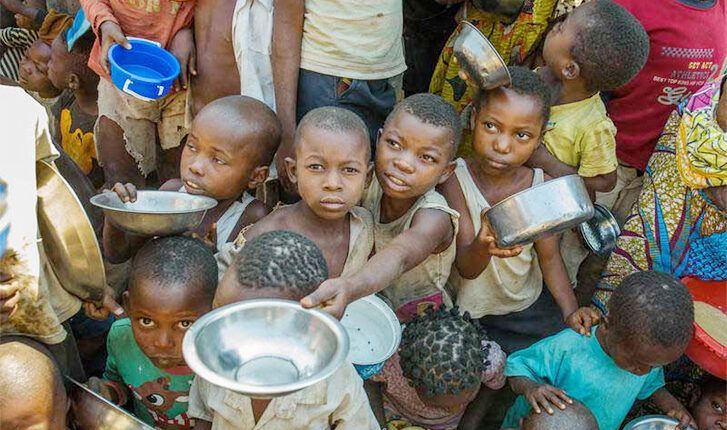
Nigeria is going through tough times, but did you know it has the shortest life expectancy in the world?
Life expectancy is a critical indicator of a country’s overall well-being, reflecting the quality of healthcare, living conditions, and socio-economic stability.
ALSO READ: Life expectancy in Nigeria is among the lowest in the world — Peter Obi
If we had to score Nigeria’s situation, it would be a zero—maybe even a negative. The healthcare system is unstable, with overworked doctors and medical associations striking every few days. Hospitals resemble slaughterhouses, while people struggle to feed themselves. Add to that the horrors of Boko Haram, rampant kidnappings, and femicide, and it’s clear: things are dire.
But misery loves company— so let’s explore the five countries with the lowest life expectancy, based on the latest 2025 statistics.
1. Nigeria – 54.64 years
Nigeria ranks as the country with the shortest life expectancy in 2025. Despite being Africa’s largest economy, the country faces severe health and socio-economic challenges, including high poverty rates, worsened by economic downturns, widespread diseases, including malaria, cholera, and tuberculosis, inadequate healthcare infrastructure, leading to poor medical access, political and regional unrest, causing displacement and insecurity. With limited investment in healthcare and persistent poverty, Nigeria’s life expectancy remains critically low.
2. Chad – 55.24 years
With an average life expectancy of just over 55 years, Chad faces numerous health crises, including malnutrition, lack of clean drinking water, and preventable diseases such as malaria and tuberculosis. Limited access to medical facilities, particularly in rural areas, significantly affects survival rates.
3. Central African Republic – 57.67 years
Decades of conflict, political instability, and weak healthcare infrastructure have contributed to the low life expectancy in the Central African Republic. Many citizens lack access to basic medical care, sanitation, and vaccination programs, leading to widespread preventable deaths.
ALSO READ: List of East African countries with the highest life expectancy
4. South Sudan – 57.74 years
As the world’s youngest nation, South Sudan continues to face armed conflict, displacement, and poor healthcare systems. Malaria, respiratory infections, and malnutrition are common causes of death. Despite efforts to rebuild, the healthcare sector remains underdeveloped, leaving many citizens vulnerable.
5. Lesotho – 57.80 years
Lesotho has one of the highest HIV/AIDS prevalence rates in the world, which significantly impacts life expectancy. Limited access to medical treatment, poor nutrition, and economic hardship further contribute to the low survival rates in this Southern African nation.
Key Factors Behind Low Life Expectancy
Poor healthcare systems with inadequate facilities and medical professionals.
High disease burden, particularly from malaria, tuberculosis, and HIV/AIDS.
Malnutrition and food insecurity, which weaken immune systems and increase child mortality rates.
Political instability and conflict, which disrupt healthcare and social services.
Limited access to clean water and sanitation, increasing the risk of waterborne diseases.
This is the harsh reality millions face in these countries. Is there hope for change, or should we flee our motherland to avoid dying young?
ALSO READ: Centenarians give tips on how to live to 100